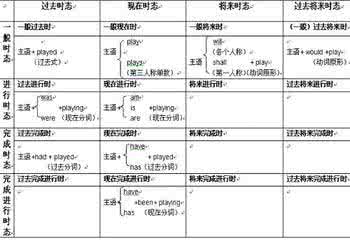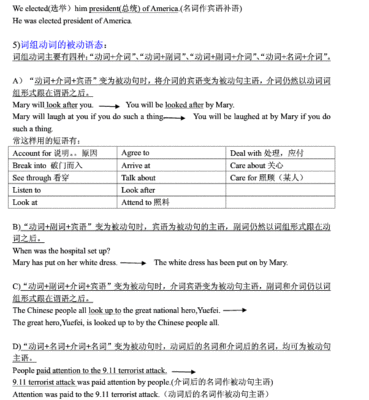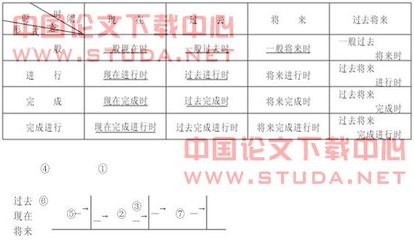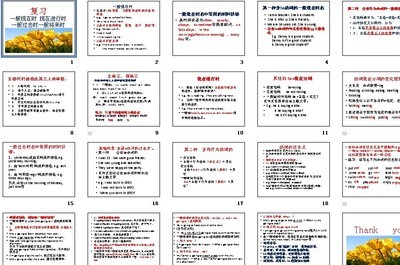一般将来时态(一)
英语有八大时态,Master Osifu English将会陆续给大家讲解。今天这一讲,给大家讲解一般将来时,大家切记,时态都跟时间有关,从句子的时间状语我们就能够得知句子的时态。下面Master Osifu English为大家解析。
一般将来时定义:指将来发生的动作或存在的状态。一般与表将来的时间状语连用,如tomorrow, next month/year, the day after tomorrow, in the future….
一般将来时构成:
1.will/shall+do:will 可以用于任何人称的主语;shall用于主语为第一人称的单复数均可。
2.be going to +do:be根据主语人称的单复的变化而变化。
下面Master Osifu English给大家几个例句,并对这些例句进行句子转换,例如:
1.He will/ is going to swim tomorrow afternoon. 他打算明天下午去游泳。
变否定句:He won’t/isn’t going to swim tomorrow afternoon.
变一般疑问句:Will he swim tomorrow afternoon?/Is he going to swim tomorrow afternoon?
对划线部分提问:What will he do tomorrow afternoon? / What is he going to do tomorrow afternoon?
When will he swim?/When is he going to swim?

2.You will/ are going to have a good time there. 你将在那玩儿的很愉快。
变否定句:You won’t/aren’t going to have a good time there.
变一般疑问句:Will you have a good time there?/Are you going to have a good time there?
对划线部分提问:Who will have a good tmie there?/ Who is/are going to have a good time there?
Where will you have a good time?/ Where are you going to have a good?
3.We will/shall buy a new CD next week.下周我们要买一台新CD。
变否定句:We won’t/shall not buy a new CD next week.
变一般疑问句:Will we buy a new CD next week? Shall we buy a new CD next week?
对划线部分提问:What will/shall we buy next week?
注意:一般将来时变否定句时,在will/shall/be后加not; 变一般疑问句时,will/shall/be提前,后面照抄,标点符号用‘?’;变特殊疑问词时,特殊疑问词+一般疑问句,标点符号用‘?’。
这些都是一些变换句子的固定用法,也可以当做口诀来运用。
这一讲,Master Osifu English给大家讲解了一般将来时态及句子变换,希望大家能从中获益。
http://blog.sina.com.cn/u/5396900707
http://www.masterosifuenglish.com/
 爱华网
爱华网



